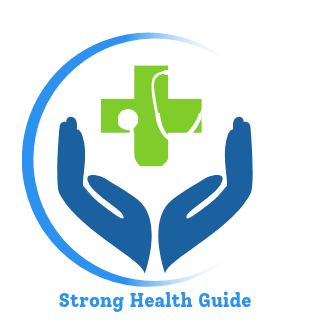
Collagen has become a buzzword in the world of wellness, and for good reason. Known as the “glue” that holds our body together, collagen is a structural protein found in skin, muscles, tendons, and bones. As we age, our body’s natural production of collagen slows down, leading to common signs of aging such as wrinkles, joint discomfort, and weakened connective tissues. This is where the “Young Theory” of collagen comes in, advocating for collagen supplementation to maintain a youthful appearance and overall vitality. But when should you start taking collagen, and can including collagen supplements in your diet really keep you young?
When to Start Taking Collagen?
The natural decline of collagen production typically starts around the mid-20s. By the time we reach our 30s, the effects become more noticeable, and the process accelerates in the following decades. So, when is the right time to begin supplementing with collagen?
- In Your 20s: Experts suggest that starting collagen supplementation in your mid to late 20s can help preemptively address collagen loss. This is especially important if you are exposed to factors that speed up collagen degradation, such as excessive sun exposure, smoking, or a poor diet.
- In Your 30s: By this age, most people begin to notice the first signs of aging—fine lines, wrinkles, and a slight loss of skin elasticity. Adding a collagen supplement to your routine at this stage can help slow the progression of these signs and maintain skin hydration and firmness.
- 40s and Beyond: While it’s never too late to start, the 40s and later is a crucial time for collagen supplementation. By now, the body’s natural production has significantly decreased, and supplementation can support joint health, bone density, and skin elasticity, helping you feel and look younger longer.
Collagen Supplements: Do They Keep You Young?
The idea that collagen can keep you young is rooted in its fundamental role in maintaining the health of tissues that are directly associated with youthfulness—skin, hair, nails, and joints. But how does collagen in your diet help achieve this?
- Skin Health: One of collagen’s most sought-after benefits is its ability to improve skin elasticity and hydration. Studies have shown that collagen supplements can reduce wrinkles and boost the skin’s overall moisture, giving it a smoother, more youthful appearance. Collagen also helps in wound healing, which is essential for skin repair and regeneration.
- Joint Health: As collagen levels decrease, the cartilage in our joints wears down, leading to stiffness and discomfort. Supplementing with collagen has been shown to reduce joint pain and improve flexibility, helping you maintain mobility and an active lifestyle as you age.
- Hair and Nails: Collagen is also vital for hair and nail strength. Thinning hair and brittle nails are common complaints as we age, but collagen can support the health of these tissues by promoting their strength and growth.
- Gut Health: Less talked about, but equally important, is collagen’s role in gut health. It helps maintain the integrity of the gut lining, which is essential for digestion and nutrient absorption, further contributing to overall wellness and vitality.
How to Incorporate Collagen Into Your Diet
Adding collagen to your diet is easier than ever, thanks to a wide variety of collagen supplements available on the market. These supplements come in various forms, including powders, capsules, and liquids, making it easy to incorporate them into your daily routine.
- Powders: Collagen powder is perhaps the most versatile. It can be mixed into smoothies, coffee, soups, or even baked goods. Most collagen powders are tasteless, so they won’t alter the flavor of your food or drinks.
- Capsules: For those who prefer convenience, collagen capsules are a great option. They provide a pre-measured dose, making it easy to take them on the go.
- Liquids: Liquid collagen supplements are fast-absorbing and can be consumed directly or added to your favorite beverages.
Additionally, eating foods rich in collagen or that support collagen production—such as bone broth, fish, chicken, eggs, and foods high in vitamin C—can further enhance the youthful effects of supplementation.
Conclusion
The Young Theory of Collagen emphasizes the importance of maintaining collagen levels to preserve youthfulness, not just in appearance but also in overall health. Starting collagen supplementation in your 20s or 30s can provide long-term benefits, helping you maintain firm, hydrated skin, flexible joints, and strong hair and nails as you age. While collagen supplements won’t stop the aging process entirely, they are a powerful tool in slowing its effects and supporting a more youthful, vibrant you.
